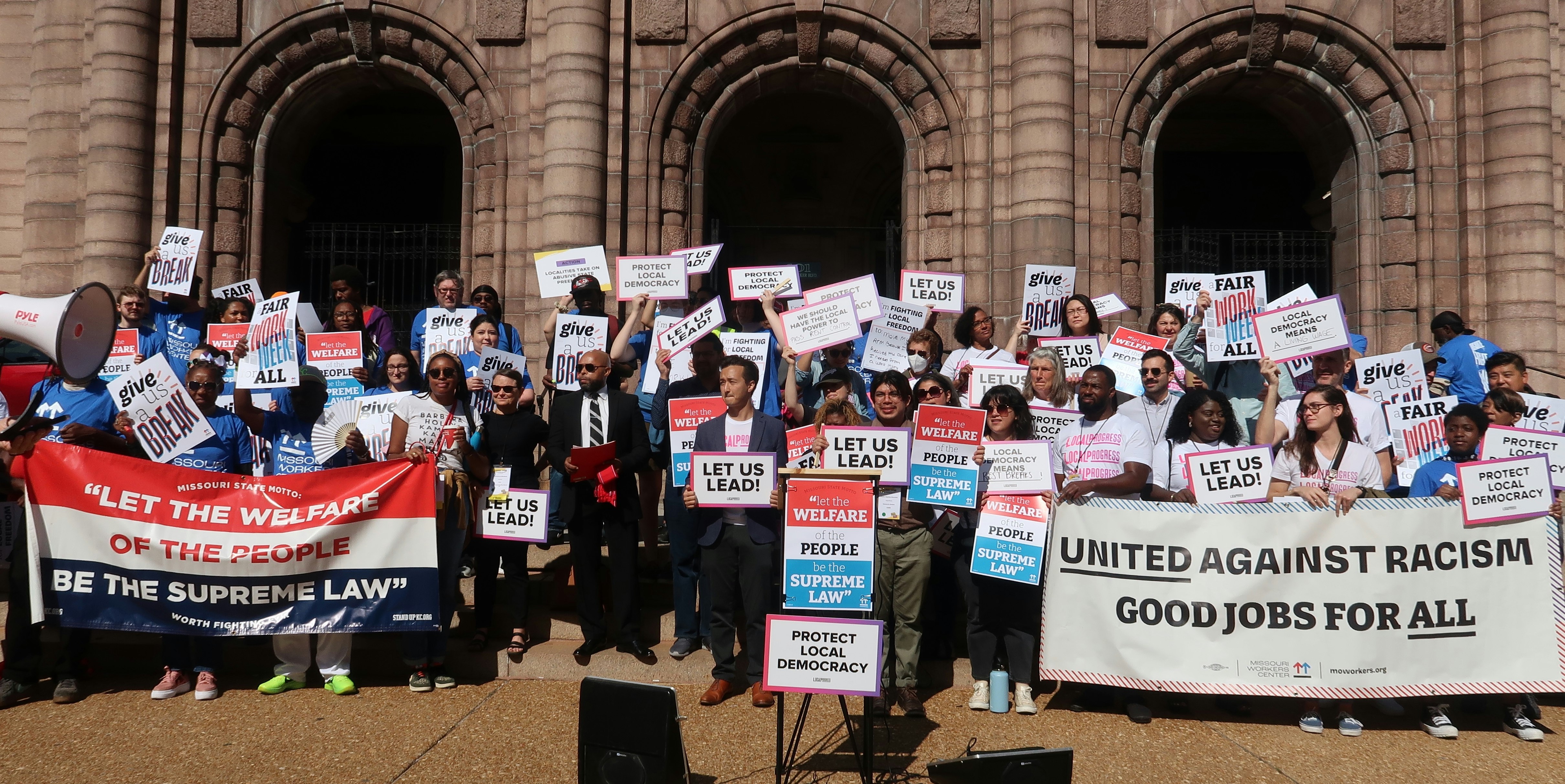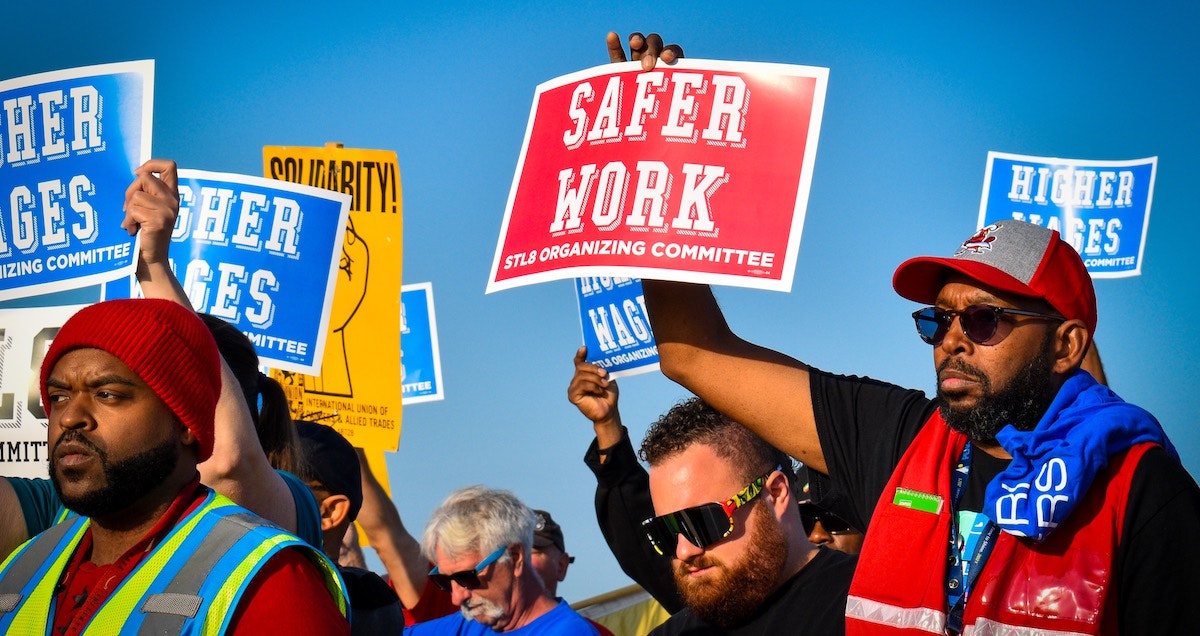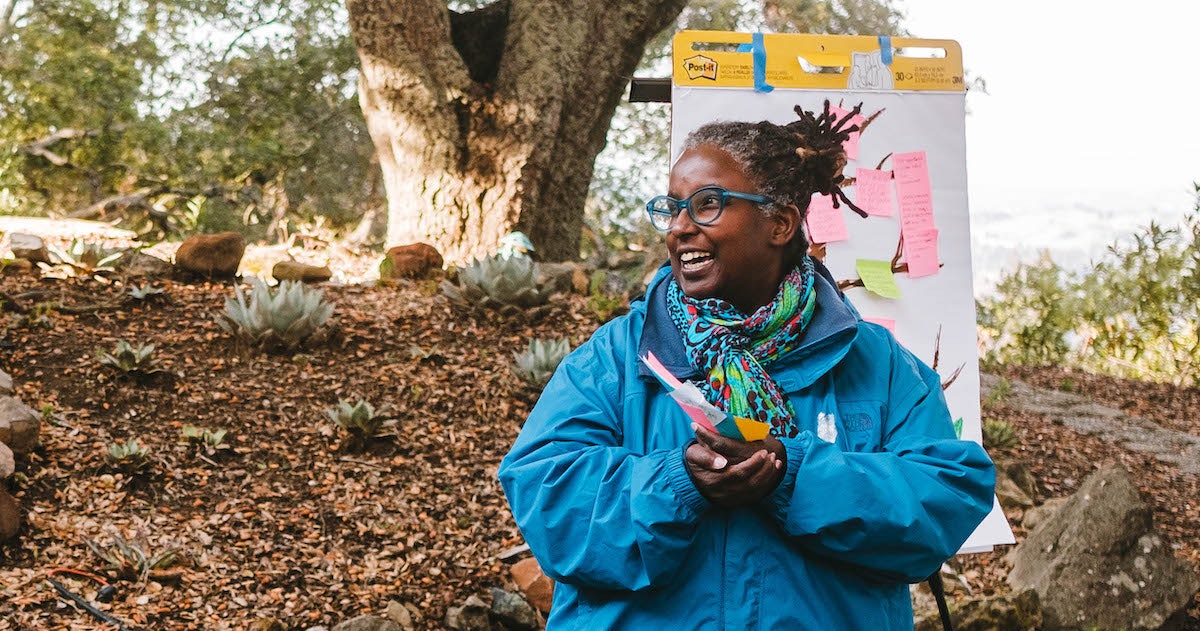By Ernesto Sanchez, Partnership Communications Specialist
Redevelopment of former military bases present a once in a lifetime opportunity to deliver real economic and community benefits to the communities in which they are situated, but too often, redevelopment outcomes fail to live up to this promise. Though military bases represent huge concentrations of public resources, their redevelopment often provides limited benefits to a select few, making it even harder for low- and middle-income workers and communities to make a go of it.
On August 8th, 2008, over 70 people representing 10 different cities across the country gathered in Oakland, California, to learn more about base reuse outcomes and develop better strategies for using base reuse to create high-quality jobs and livable neighborhoods, provide new opportunities for job training job access and deliver other community benefits.
The event brought together organizers, researchers, policy analysts, and community leaders from around the country together to learn about the community benefits approach to redevelopment. Speakers provided overviews of community benefits victories across the country, and presented in-depth case studies of efforts to establish access to housing, better quality jobs, and stronger approaches to environmental cleanup. Throughout, experts emphasized the importance of engaging community residents as real partners in the redevelopment process.
Convening co-hosts – EBASE and the Partnership for Working Families – staged the meeting in Oakland in order to showcase the significant effort to influence the redevelopment of the Oakland Army Base. For almost a decade, community, labor, health, and environmental advocates throughout Oakland have been working to advance a common vision that the redevelopment of their former military base should put the needs of working families first. Despite many stops and starts in the process, organizations have stood together and are now working directly with the city to ensure that the developer ultimately selected to oversee redevelopment will be required to comply with community benefits standards.
The highlight for many participants involved a bus tour of the Oakland Army Base (OAB) and the surrounding community of West Oakland. Tour participants heard from key community leaders spearheading the OAB reuse process, including Margaret Gordon, City of Oakland Port Commissioner and long-time West Oakland resident. At the conclusion of the tour, Shirley Burnell, ACORN leader, brought it all home, explaining the importance of creating good jobs for the West Oakland residents who have been hurt the most by job loss caused by closure of the Oakland Army Base. "It's good jobs that people want out of what's going on here at the Base."
The meeting consolidated existing research and experience with base reuse, and created new opportunities for participants to continue to learn from each others' work. To build on this momentum, EBASE and the Partnership are now focused on developing a training curriculum to help coalitions around the country build strong coalitions, and develop policy expertise and the campaign capacity needed to win real change for working people.“Economic pain is endangering Oakland’s families,” says Kate O’Hara, EBASE Community Benefits Program Director. “The Oakland Army Base is a once-in-a-lifetime chance to expand economic opportunity and strengthen our local economy. The city can turn the former army base into a national model, by bringing thousands of family-sustaining jobs for neighborhood residents.”
For more information on the base reuse convening, contact Sebrina Owens-Wilson, Partnership Research and Policy Specialist at sowilson@communitybenefits.org.
“This is a once-in-a-lifetime chance to expand economic opportunity and strengthen our local economy. The city can turn the former army base into a national model, by bringing thousands of family-sustaining jobs for neighborhood residents.”






